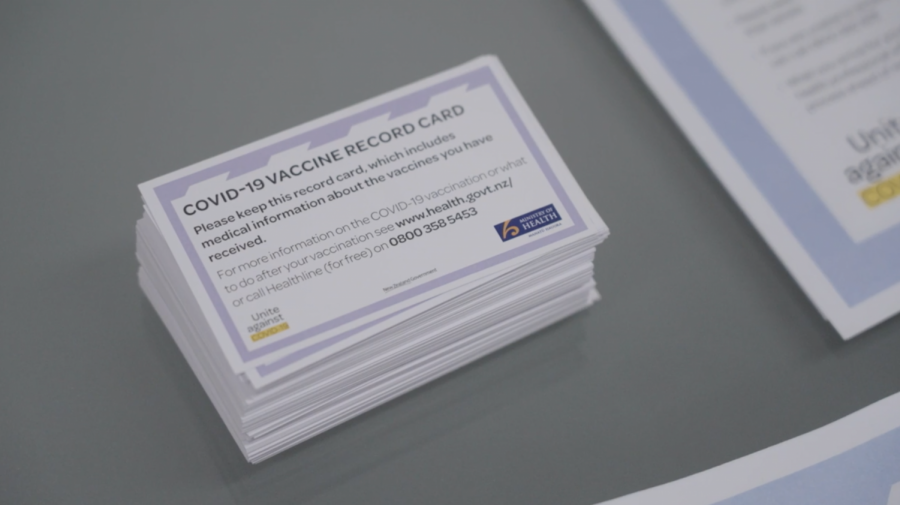The paleo diet encourages eating habits similar to how our ancestors would have eaten during the Paleolithic era. Since they would not have the tools or technology to process food, the diet follows the foods that hunters and gatherers would have consumed.
According to an article from Harvard School of Public Health, it’s believed that if they would’ve had the modern medicine that we are afforded today, their lifespans would be higher, and they would experience less modern-day diseases such as cancer, diabetes, and heart problems due to their diet and the rigorous exercise from hunting. Similarly, for the modern-day paleo diet, it works best when balanced with hydration and exercise.
The diet promotes whole, unprocessed foods, vegetables, lean meats, fruits and nuts. The goal, by limiting foods with a high glycemic index, which is a ranking of foods based on how easily they are digested and their effects on blood sugar levels, is to have a diet that is high in protein and fiber while moderate in fat and carbohydrates. Paleo restricts grains with high glycemic index rankings, legumes, dairy, processed foods and unnatural sugars. Low glycemic index foods are more slowly digested and cause a more gradual rise in blood sugar, keeping you full longer, whereas high glycemic index foods cause fluctuations in blood sugar.
According to the Mayo Clinic, some of the health benefits of the paleo diet include weight loss, improved glucose tolerance, which could be beneficial especially for people with diabetes and better appetite management. The paleo diet also decreases inflammation, which leads to greater benefits for your heart and other internal organs. Since you are reducing high sugar intake and artificial ingredients, it also promotes clearer skin and increased energy. That said, everyone’s bodies may be affected differently.
Another added benefit is that you don’t have to count calories or limit your food intake. The paleo diet promotes healthy eating combined with hydration and exercise for overall health benefits. This can help the user stay committed and enjoy the diet by experimenting with new meals and trying new foods.
This past week, my friend and I challenged ourselves to try the paleo diet. Her parents have been paleo since she was younger, so she had more knowledge regarding the diet; before I started researching, I was going in on a whim. Personally, going paleo didn’t greatly alter my diet; I don’t eat too much dairy, and initially cutting out carbs wasn’t too hard. However, while we could find paleo options every day at the Pit or Benson, it was often repetitive which caused us to crave other foods that weren’t considered “paleo.” In addition, I found myself cutting out foods that are healthy, such as quinoa or oatmeal.
The most important thing when trying a new diet is doing what works for you. We didn’t have to be strict with ourselves about this; we could follow the general rules, but also include foods that are healthy, even if they aren’t considered paleo. My friend also offered the advice that her mom told her: focus on what you can eat rather than what you can’t. It was exciting to research, try new foods and look up recipes, even if we couldn’t make them.
From this diet, I realized that it might not be the most feasible option for a college student. While it is definitely doable for someone committed, it was difficult to maintain on campus and would be much easier with a kitchen to cook paleo meals or snacks. With that in mind, the paleo diet offers many health benefits, but it is always a good idea to consult a nutritionist, someone with paleo experience, or do some research before undertaking this diet. It is recommended that anyone trying a new diet should listen to their body and do what’s best for them individually.







